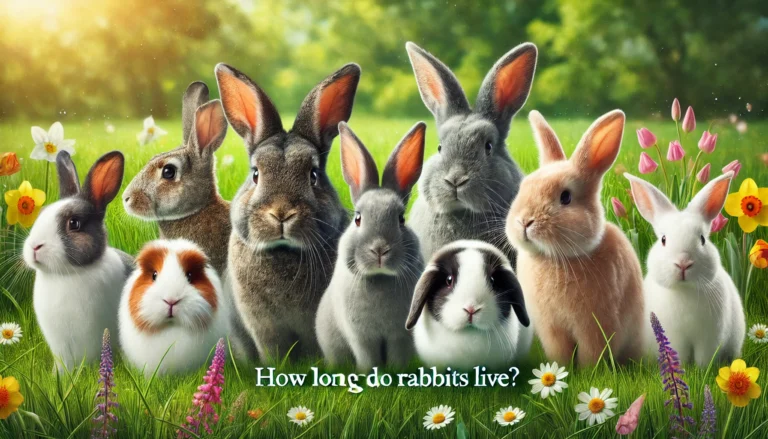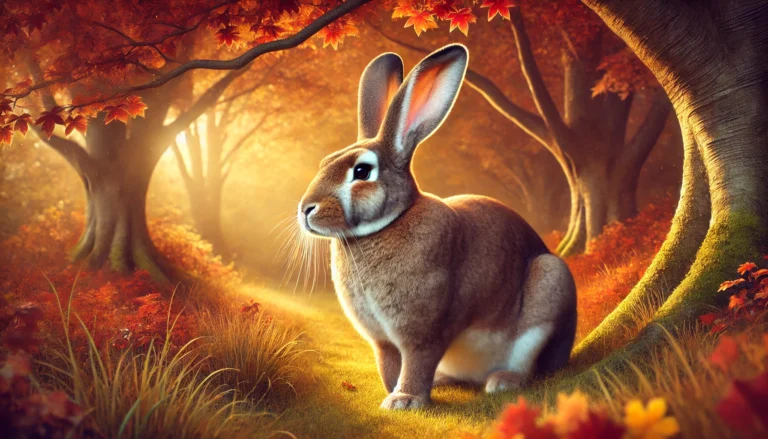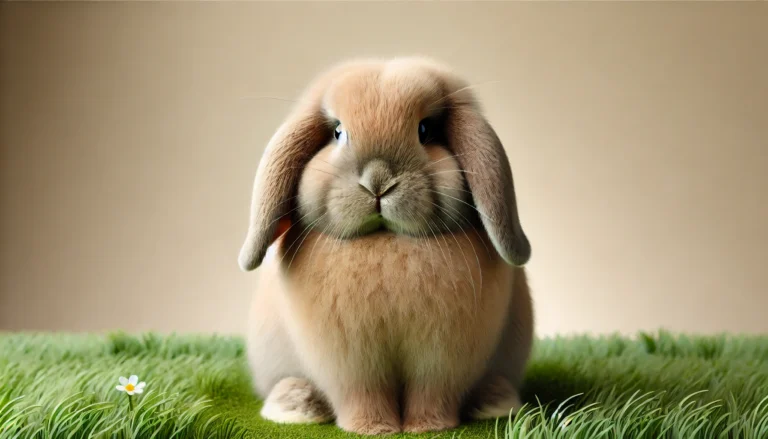lion Head: The Fascinating Rabbit
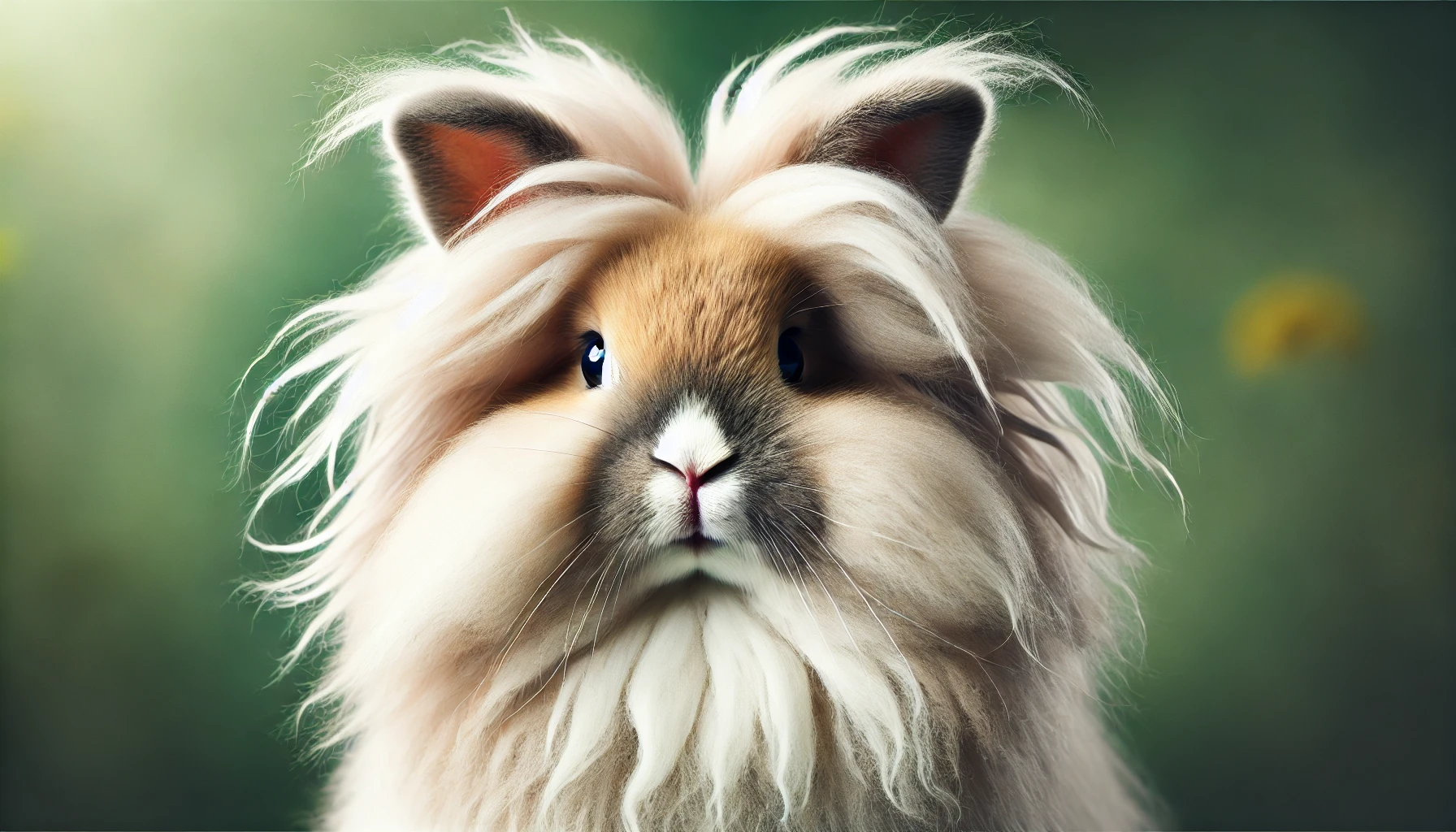
Introduction to Lion head Rabbits
Lionhead rabbits, often referred to simply as “lion head,” are a beloved breed known for their distinctive appearance and friendly demeanor. Originating in Belgium around the 1990s, these rabbits were selectively bred to develop a mane-like fur around their heads, resembling the majestic appearance of a lion. Today, they are popular as pets worldwide, cherished for their unique charm and adaptability.
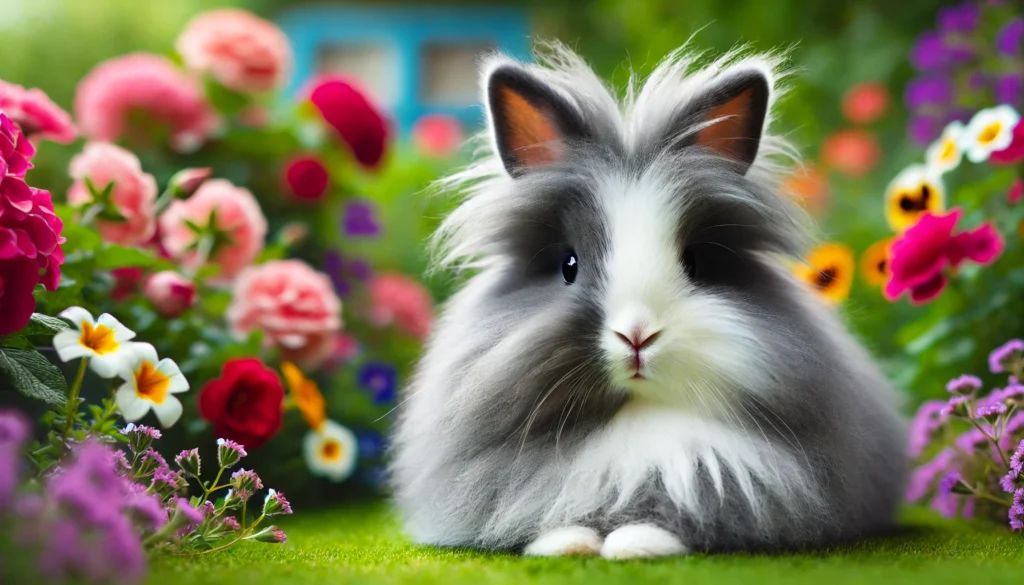
History and Origin of Lion head Rabbits
The history of Lion head rabbits traces back to selective breeding efforts in Belgium. Breeders aimed to create a rabbit with a woolly mane, reminiscent of a lion’s mane. This unique characteristic was achieved by crossing various small rabbit breeds known for their woolly coats and calm temperaments. Over time, the Lionhead breed gained recognition and popularity among rabbit enthusiasts globally.
Physical Characteristics of Lion head Rabbits
lion head bunny are distinguished by their mane, which varies in length and density depending on genetics and grooming. This mane surrounds their heads and is their defining feature. They have compact, rounded bodies with short, erect ears. The breed comes in a variety of colors and patterns, including solid, agouti, and pointed varieties, each adding to their visual appeal.
Temperament and Behavior
Known for their gentle and social nature, lionhead bunny make excellent companions for individuals and families alike. They are affectionate animals that enjoy human interaction and can form strong bonds with their owners. These rabbits are generally calm but can exhibit playful behaviors, exploring their surroundings with curiosity and enthusiasm.
Housing and Habitat Needs
When it comes to housing Lion head rabbits, providing a spacious and safe environment is essential. Indoor setups are popular, especially in moderate climates, as they offer protection from extreme weather conditions. Outdoor enclosures can also be suitable with proper insulation and protection. Bedding should be soft and absorbent, ensuring comfort and hygiene for the rabbits.
Diet and Nutrition Requirements
A balanced diet is crucial for the health and well-being of Lion head rabbits. Their diet primarily consists of high-quality hay, such as timothy or orchard grass, which supports digestive health and helps wear down their continuously growing teeth. Pelleted rabbit food provides essential nutrients, while fresh vegetables like leafy greens and carrots offer additional vitamins. Fresh, clean water should always be available.
Grooming and Maintenance Tips
Due to their mane, Lionhead rabbits require regular grooming to prevent matting and maintain coat health. Brushing several times a week helps remove loose fur and reduces the risk of hairballs, which can be a concern for long-haired breeds. Nail trimming is also necessary to prevent overgrowth and discomfort. Regular health checks ensure early detection of any potential issues, promoting overall well-being.
Health Considerations for Lion head Rabbits
Like all rabbit breeds, Lionheads are susceptible to certain health conditions, including dental issues, gastrointestinal stasis, and respiratory problems. Providing a balanced diet, regular exercise, and a clean living environment are crucial for minimizing health risks. Routine veterinary visits are recommended to monitor their health and address any concerns promptly.
Breeding and Reproduction Insights
Breeding Lionhead rabbits requires careful planning and understanding of genetics to maintain desirable traits. Responsible breeding practices ensure the health and welfare of both parent rabbits and their offspring. Gestation typically lasts around 28-31 days, after which kits are born with closed eyes and rely on maternal care for their development.
Training and Socialization Tips
Lion head rabbit can be trained to use a litter box and respond to their names through positive reinforcement techniques. They benefit from regular socialization and gentle handling from a young age, which helps build trust and strengthens the bond between rabbits and their owners. Interaction with other pets and family members enriches their social skills and overall well-being.
Common Misconceptions about Lion head Rabbits
There are several misconceptions about Lionhead rabbits, including assumptions about their grooming needs and temperament. While their mane requires regular care, they are generally friendly and affectionate pets suitable for responsible owners of all ages. Understanding their specific care requirements ensures a rewarding experience for both rabbits and their caregivers.
Do you know?
Pineapple can be a nutritious treat for dogs when given in moderation. This tropical fruit is packed with vitamins, minerals, and antioxidants that support a dog’s immune system, digestion, and hydration
Conclusion about full grown lionhead rabbit
In conclusion, Lion head rabbits are captivating pets known for their unique appearance and gentle demeanor. Whether you’re considering adding one to your family or already have one as a companion, understanding their history, characteristics, care needs, and behaviors enhances your ability to provide them with a happy and healthy life. By providing proper housing, nutrition, grooming, and veterinary care, you can enjoy the companionship of these wonderful rabbits for many years to come.
Can Lionhead Rabbits Live Alone?
Lion head rabbits can live alone, but they often thrive with companionship, either from another rabbit or regular interaction with their owners. As social animals, they benefit from the emotional and mental stimulation that interaction provides, which can prevent loneliness and boredom.
Is a Lionhead Rabbit a Dwarf Rabbit?
Lionhead rabbits are not classified as dwarf rabbits due to their size and weight. While they are small and have some features similar to dwarf breeds, Lionheads do not typically carry the dwarf gene that characterizes breeds like the Netherland Dwarf.
How Much Does a Lionhead Bunny Cost?
The cost of a Lion head rabbit can vary depending on factors such as pedigree, age, and color. Prices generally range from $30 to $100 for a pet-quality Lionhead, but show-quality rabbits may cost more due to their breeding and special characteristics.
Do Lionhead Rabbits Have Health Problems?
Like all breeds, Lionhead rabbits are susceptible to certain health issues, including dental problems, gastrointestinal stasis, and respiratory infections. Proper care, a good diet, and regular veterinary check-ups can help mitigate the risk of these problems.
Do Lionhead Rabbits Like to Cuddle?
Lionhead rabbits can enjoy cuddling if they are handled gently from a young age and are accustomed to human contact. However, each rabbit’s personality is different, and some may prefer less physical interaction.
Can I Leave My Rabbit in a Cage at Night?
It is generally safe to leave a rabbit in a cage at night, provided that the cage is large enough, secure, and equipped with appropriate bedding, food, and water. Ensure the environment is safe from predators and extreme temperatures.
How Many Hours a Day Should a Rabbit Be Out of Its Cage?
Rabbits should be allowed out of their cage for at least a few hours each day to exercise and explore. This is crucial for their physical health and mental well-being. Secure and rabbit-proofed areas are ideal for their playtime.
Should I Shut My Rabbit Up at Night?
Shutting your rabbit up at night can be a good practice to keep them safe, especially if you have other pets or cannot supervise them. Ensure their nighttime enclosure is comfortable and enriching to prevent stress.
What Does It Mean When Your Bunny Lays Next to You?
When a bunny lays next to you, it is a sign of trust and comfort. Rabbits show affection and contentment by being close to their owners, indicating they feel safe and relaxed in your presence.
How Do Bunnies Say “I Love You”?
Bunnies may express affection by gently nuzzling, licking, or hopping around you excitedly. They might also lay their head on you or stay close to you, demonstrating their comfort and affection through physical proximity and touch.
How Do You Tell If Your Bunny Is Bonded to You?
Signs that your bunny is bonded to you include seeking out your company, following you around, and displaying relaxed body language around you. A bonded rabbit will also respond to your voice and come to you when called.
Why Does My Bunny Come Up and Bite Me?
Biting can be a form of communication for bunnies, indicating fear, discomfort, or a demand for attention. It can also occur if they feel their territory is threatened. Understanding the context of the behavior and observing any associated body language can help address the issue effectively.

